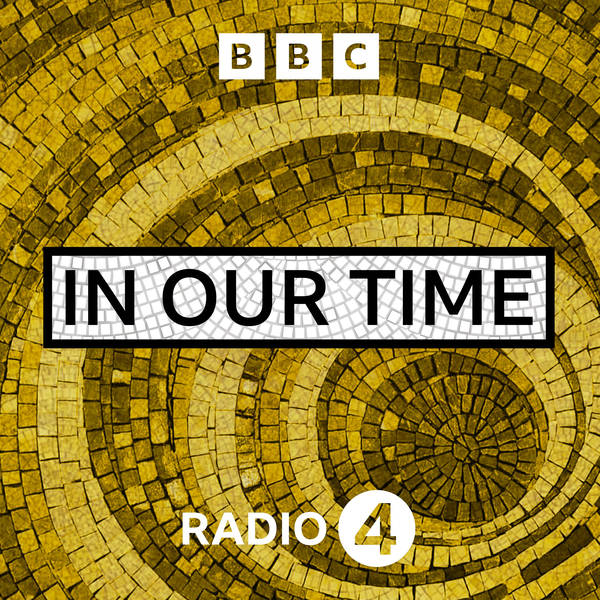
Phenomenology
Melvyn Bragg and guests discuss phenomenology, a style of philosophy developed by the German thinker Edmund Husserl in the first decades of the 20th century. Husserl's initial insights underwent a radical transformation in the work of his student Martin Heidegger, and played a key role in the development of French philosophy at the hands of writers like Emmanuel Levinas, Jean-Paul Sartre, Simone de Beauvoir and Maurice Merleau-Ponty.
Phenomenology has been a remarkably adaptable approach to philosophy. It has given its proponents a platform to expose and critique the basic assumptions of past philosophy, and to talk about everything from the foundations of geometry to the difference between fear and anxiety. It has also been instrumental in getting philosophy out of the seminar room and making it relevant to the lives people actually lead.
GUESTS
Simon Glendinning, Professor of European Philosophy in the European Institute at the London School of Economics
Joanna Hodge, Professor of Philosophy at Manchester Metropolitan University
Stephen Mulhall, Professor of Philosophy and Tutor at New College at the University of Oxford
Producer: Luke Mulhall.
